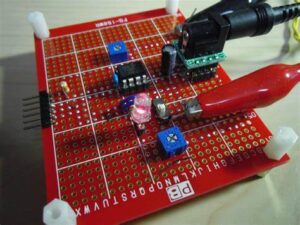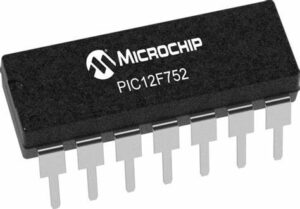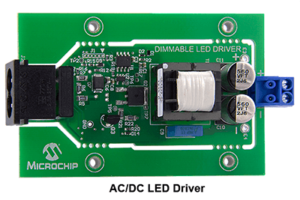 Break Microchip PIC12F752 Locked MCU Flash Memory
Break Microchip PIC12F752 Locked MCU Flash Memory
Break Microchip PIC12F752 Locked MCU Flash Memory protection over its fuse bit and readout embedded heximal program from PIC12F752 Microcontroller for cloning;

Break Microchip PIC12F752 Locked MCU Flash Memory protection over its fuse bit and readout embedded heximal program from PIC12F752 Microcontroller for cloning;
For oscillator modes involving a crystal or resonator (HS, HSPLL, LP or XT), the situation is somewhat dif- ferent. Since the oscillator may require a start-up time considerably longer than the FCSM sample clock time, a false clock failure may be detected.

romper microchip PIC12F752 bloqueado MCU protección de memoria flash sobre su bit de fusible y la lectura incrustado programa heximal de PIC12F752 Microcontrolador para la clonación;
To prevent this, the internal oscillator block is automatically configured as the system clock and functions until the primary clock is stable (the OST and PLL timers have timed out) to readout pic12f509 flash memory file. This is identical to Two-Speed Start-up mode. Once the primary clock is stable, the INTRC returns to its role as the FSCM source.
As noted in Section 19.3.1 “Special Considerations for Using Two-Speed Start-up”, it is also possible to select another clock configuration and enter an alter- nate power managed mode while waiting for the primary system clock to become stable. When the new powered managed mode is selected, the primary clock is disabled.
The same logic that prevents false oscilla- tor failure interrupts on POR or wake from Sleep will also prevent the detection of the oscillator’s failure to start at all following these events. This can be avoided by monitoring the OSTS bit and using a timing routine to determine if the oscillator is taking too long to start. Even so, no oscillator failure interrupt will be flagged.
